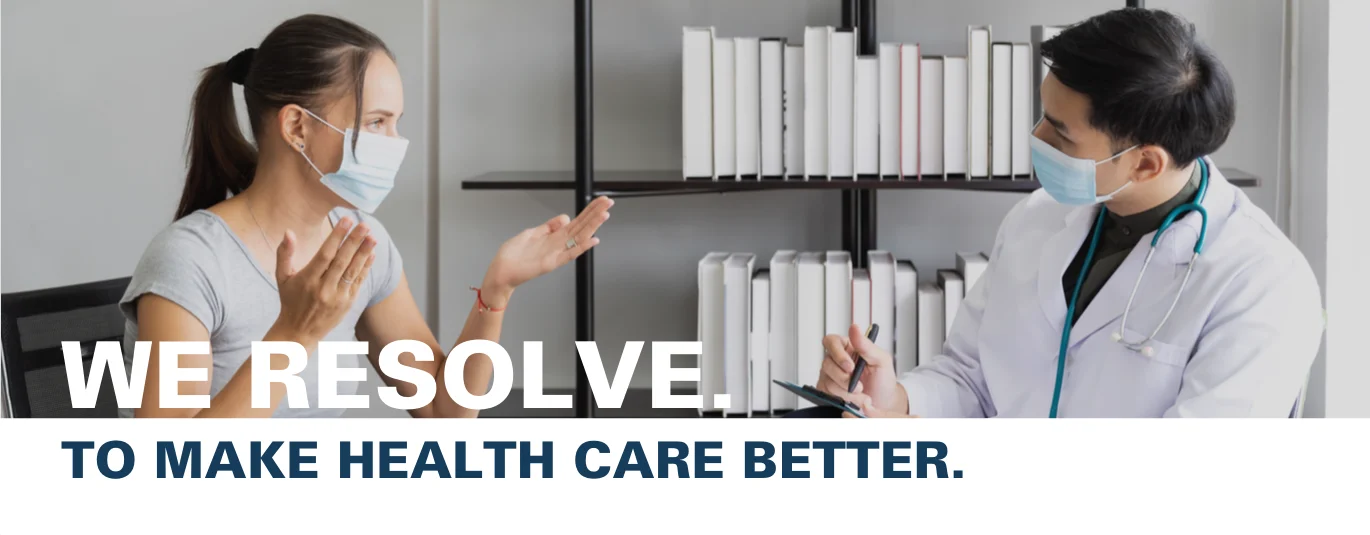
How Blue Cross NC Is Reshaping Behavioral Healthcare In NC
Via Blue Cross NC By Ish Bhalla
We’re transforming behavioral health treatment for our members and our state.
Even before the onset of COVID-19, our country was struggling to effectively diagnose and treat behavioral health issues, which include mental health and substance use disorders. Suicide rates were on the rise, drug overdose deaths were dramatically increasing, and life expectancies for people with serious mental illness were lower before the pandemic began to impact our lives and well-being.[1]
Now, as 53% of adults report that their mental health has been negatively affected by worry and stress over the coronavirus, it is more important than ever to find innovative solutions to the behavioral health issues facing our state.[2]
At Blue Cross and Blue Shield of North Carolina (Blue Cross NC), our mission is to improve whole-person care for North Carolinians. This includes behavioral health. Though we know behavioral health is connected to physical health, care is often separate. For example, a patient may have diabetes and depression but see two different health care providers who don’t coordinate with each other. As a result, treatment plans are created in a vacuum without a full picture of the patient’s overall health. Adding to the problem, affordable behavioral health care can be difficult to come by. And social, cultural and other disparities can further limit access to care.
Recognizing these challenges, Blue Cross NC is in its second year of a long-term strategy to improve behavioral health access, quality and efficiency. We’ve combined our behavioral health and physical health insurance benefits, which allows more seamless access to behavioral health care.
This process allowed us to focus on integrating behavioral health care into primary care, which has shown to be effective in improving health and lowering costs. We’re also recruiting more behavioral health specialists so more members can quickly get the affordable care they need, whether through in-person visits or telehealth. Finally, we are monitoring the quality of mental health care, defined by access to care, communication among providers, and improvement in outcomes.
To accelerate this integration, we collaborate with Quartet Health, a leading health care technology and services company. We first began offering Quartet services to primary care and behavioral health providers free of charge in 2019. Through Quartet, doctors are able to identify patients with underlying behavioral health conditions, connect them to the right care and coordinate with other providers to deliver integrated care. This year, Quartet’s platform is a key part of Blue Premier Behavioral Health, a value-based care program that rewards providers for delivering high-quality behavioral health care.
Value-based payments are just one way we’re addressing behavioral health challenges. We also launched Eleanor Health, a comprehensive provider of outpatient substance use disorder treatment. The goal of Eleanor Health is to meet patients where they are in their recovery journey and provide whole-person care that is coordinated across health care and social services to improve recovery rates. Eleanor Health opened its first North Carolina clinic in September 2019, and it plans to scale rapidly with 10 clinics across the state. Eleanor can also provide all of their services virtually.
During COVID-19 we are also increasing members’ access to virtual appointments by covering all telehealth visits, including behavioral health visits, at the at the same costs as face-to-face appointments. This means what you normally pay when you visit a doctor in-office is what you’ll pay for virtual care.
We believe high-quality behavioral health services should be available to every North Carolinian. Only by addressing both physical and behavioral health can we truly improve the well-being of our state.
Additional Resources:
To find a behavioral health provider near you, use our Find a Doctor tool to browse in-network psychologists, psychiatrists, therapists, social workers and substance use counselors. Members can also use Health Line Blue, our 24/7 nurse line, to receive advice on finding behavioral health services.
The National Suicide Prevention Lifeline is a 24-hour, toll-free suicide prevention service available to anyone in crisis. If you need help, please dial 1-800-273-TALK (8255) or text “NAMI” to 741741
If you’d like to learn more about health plans and health services, contact the Health Plans of NC independent agent on this page.